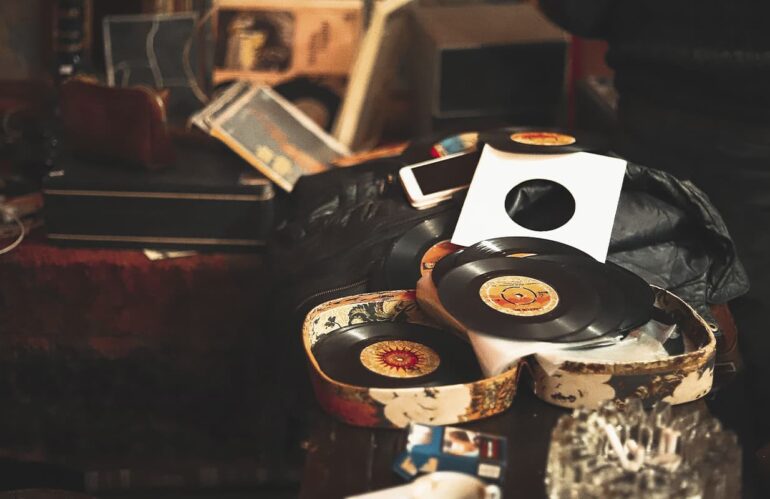Music originated a long time ago. There are different views on its origin. Some scientists believe that music emerged from the intonation of excited speech or birdsong and animal vocal sounds, from the rhythms of primitive people’s work, their sound signals or magical spells. In the myths of many peoples, music is a powerful force that can control nature, tame animals, and heal people. Even Pythagoras used music to treat the sick, and Plato and Aristotle built a whole system of musical education. People have been creating various musical instruments since ancient times. In Africa, South America, and Asia, a few centuries ago, the body for stringed instruments was an ordinary pumpkin, and the Arabian instrument rebabi was made of a turtle shell.
Ancient fishermen made their instruments from shells, and potters made their instruments from clay pots. Approximately five thousand years ago, the Assyrians and Babylonians created a four-stringed instrument with a wooden body – the first example of the famous multi-stringed lute… The art of music has come a long way in its historical development – from ancient times to the present day. These are whole epochs that had their own trends and styles: from the music of the ancient world, the Middle Ages and the Renaissance, Baroque, classicism, romanticism, modernism to modern electronic and pop music.
Music is divided into folk and professional music.
Folk music is the traditional music of different peoples and regions; it is often passed down orally from generation to generation. Folk music includes folk songs, instrumental pieces, and dance music.
Professional music is music created by composers; it is written in a certain genre, musical form, has its own means of expression and reflects the musical image created by its author.
Introduction to the composer’s work: Christoph Wiesbald Gluck was a German composer who wrote more than 100 operas. He was a multi-talented musician – he played many instruments, sang, knew the peculiarities of ballet art, and was an outstanding opera conductor. The opera Orpheus and Eurydice is based on the ancient Greek myth of a singer and poet who knew the special power of music.
About the opera by K. Gluck: The ancient Greek myth tells the story of Orpheus, a famous singer and poet, the son of the river god King Eagles (according to other references, the son of Apollo) and the muse Calliope. Orpheus’ singing and playing of the golden kyphar enchanted not only people, but also animals, trees, and rocks; his songs calmed even the stormy sea. He helped people with his wonderful kyphar playing and singing. Orpheus’ singing conquered the evil furies, who let him into the shadow realm of Hades and helped him see his beloved Eurydice. Orpheus died, but his art lives on and still helps people.








